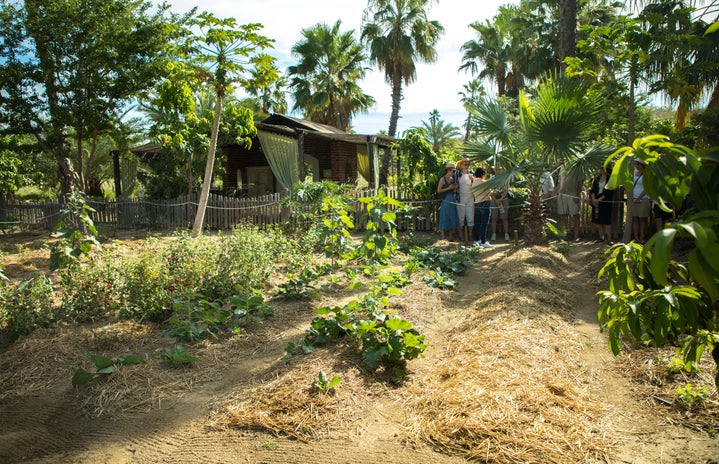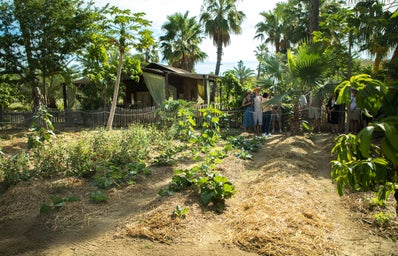With recent climate strikes happening across the globe and even here at Rutgers-New Brunswick, it is clear that there is a greater spotlight than ever on protecting the environment and addressing climate change. A number of global leaders have been working to address the “global climate emergency,” with summits such as the Climate Action Summit that occurred last week and the Paris Agreement signed in 2016.
Many Hispanic countries are also joining the movement to ensure a greener future, with sustainable initiatives varying from national policies to more local ways of improving the environment. Especially since this week, which has been referred to as the Global Climate Strike, also falls in the same month as Hispanic Heritage Month, here are a few ways Hispanic countries are working to address climate change you should know about:
- Argentina – Pueblo Solar Allianz
-
In 2010, the multinational company Allianz partnered with the EcoAndina Foundation to develop a “Pueblo Solar,” or solar town, in the province of Jujuy, which is located in northwestern Argentina. For the project, efforts will be made to implement solar thermal technology, such as family solar cookers, a heating system for local schools using solar energy, and a communal solar bath.
At the time the project was the only one of its kind. Years later though, EcoAndina is working on developing dozens of other similar “solar villages” in regions such as Buenos Aires, Cordoba and Mendoza, and hopes to make more known the concept of a “solar city” which thrives mainly on using solar energy to power its public works.
- Guatemala – Banned use of disposable plastic
-
Just last week, according to Reuters, Guatemala has banned nationwide the use of single-use plastic bags and disposable utensils. Furthermore, the Guatemalan government has set a two-year deadline for people to find alternatives to bags and disposable products, which include plastic plates, straws and cups.
This is a step further than local initiatives that occurred last year, when only specific towns in Guatemala would ban plastic. One example is the town of San Pedro La Laguna, which banned plastic bags and packaging, instead substituting with products such as napkins made of cloth.
- Uruguay – Encourages education of sustainability in schools
-
Two years ago, Uruguay began the first ever “sustainable school,” which aims to teach its students about environmental sustainability. Even the school itself, which is located in the town of Jaureguiberry, was built entirely with recycled materials and is powered with renewable energy. For the school’s curriculum, elementary school-aged students learn about farming, recycling, and the importance of conserving water. They are also able to put their knowledge into practice by growing their own crops.
Though the school is in its beginning stages, the hope is that students will take away what they learn and apply them to throughout their entire life to promote a more sustainable lifestyle for the future.
- Mexico – Gardens from concrete
-
Mexico City is full of highways and concrete pillars, and is considered one of the densest cities in the world. However, a project named “Via Verde,” hopes to build on these existing infrastructures to make them more green. Architect Fernand Ortiz Monasterio has been working to turn the grey concrete pillars into “vertical gardens,” by covering them with plants and greenery as well as sensors and irrigation systems.
These vertical gardens require an automated “micro-spraying system,” which uses rainwater to keep the plants hydrated. The plants part of the gardens also have “air-cleansing properties”; in fact, Via Verde predicts that their project will filter up to 27,000 tons of exhaust from car fumes, and reduce the amount of energy needed for heating.
Though climate change is an issue that stretches across the globe, it is also important to recognize the smaller national and even local initiatives individual countries are taking to do their part in ensuring a more sustainable future. With the constant news cycle, some people only know about the problems when it comes to climate change, such as the harrowing findings from the recent United Nations climate change report or the burning of the Amazon rainforest. However, there are many countries, specifically Hispanic countries, that have been taking sustainable initiatives for years to address climate change. The exact solution may not be certain, but one thing is clear: it takes the collaborative work of people around the world to make a change.



